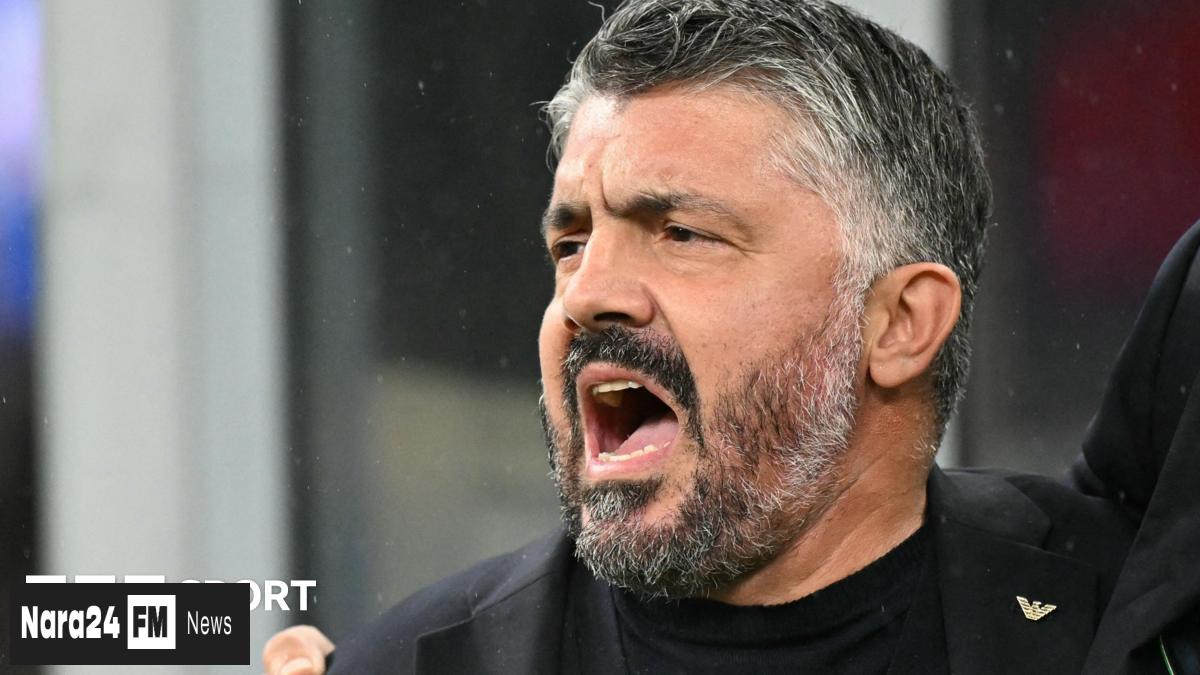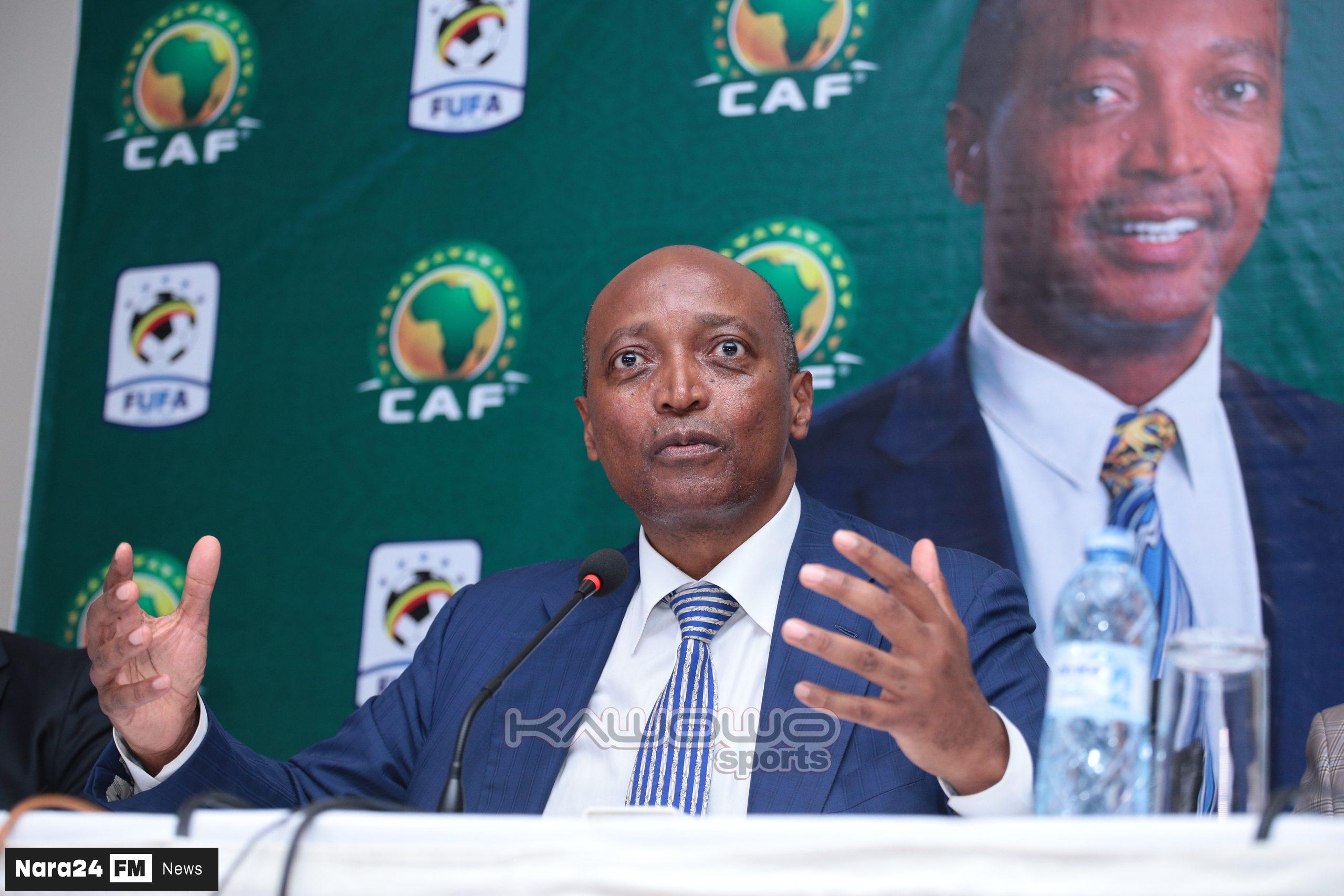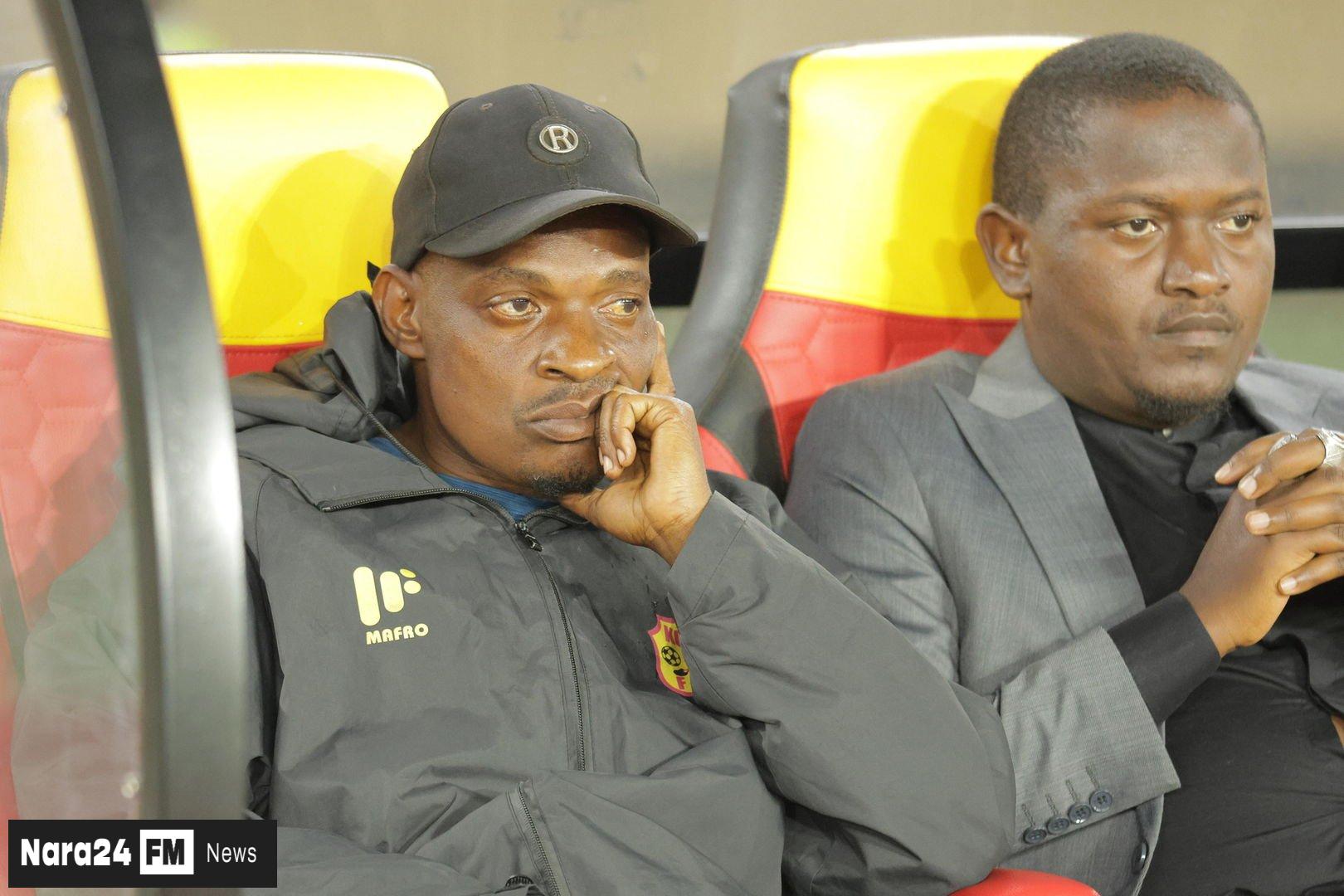Italy coach Gennaro Gattuso has ignited a debate over the fairness of the World Cup 2026 qualification process after his team's disappointing performance this weekend. Italy, despite securing six victories in their qualifying group, must now navigate through two single-leg play-offs to book a spot in the 48-team tournament, co-hosted by Canada, Mexico, and the United States.
Gattuso's frustration stems from Italy's recent history of missing out on World Cup appearances, having failed to qualify in 2018 and 2022 after play-off defeats to Sweden and North Macedonia, respectively. The Italy coach expressed his discontent with the current qualification system, particularly highlighting the disparity between continents.
"Yes, I would say I'm disappointed," Gattuso said. "In the past, the best runners-up would automatically qualify for the World Cup. Now, the rules have changed, and Italy's six wins don't seem to matter because we finished second. I think the system needs to change in Europe."
**Gattuso's Criticisms and the Reality**
Gattuso pointed out that South America secures six direct qualification spots, with a seventh team progressing to a play-off against an Oceania representative. Africa, meanwhile, has nine direct spots. However, there are some inaccuracies in Gattuso's statements. For instance, three African nations participated in the 1994 World Cup, not two, and Bolivia's path to the World Cup is not guaranteed, as they would face additional play-offs.
The current European qualification format, which involves smaller groups, was designed to reduce the intensity of qualifying matches. With 54 UEFA nations competing for 16 spots, the format aims to balance the number of matches with the international calendar.
**Comparisons with Other Confederations**
South America's qualification process involves 10 countries, with six automatic slots, a significantly higher percentage compared to Europe's 29.62%. However, the relative strength of the confederations should be considered. South America has a higher concentration of top-ranked teams, with eight of the 10 nations in the world's top 50. Additionally, the travel demands for South American teams are more grueling, with matches spread across two years and multiple international breaks.
Africa's qualifiers are also strong contenders, with six teams in the world's top 50. While it may seem that Europe is disadvantaged, the numbers suggest otherwise when considering the relative strength of each confederation.
As Italy prepares for the play-offs, the debate over the fairness of the World Cup qualification process continues to spark discussions among football fans and experts alike. Whether Gattuso's criticisms hold merit or are merely the result of disappointment remains a topic of contention.








Comments (0)
Leave a Comment
Be the first to comment on this article!